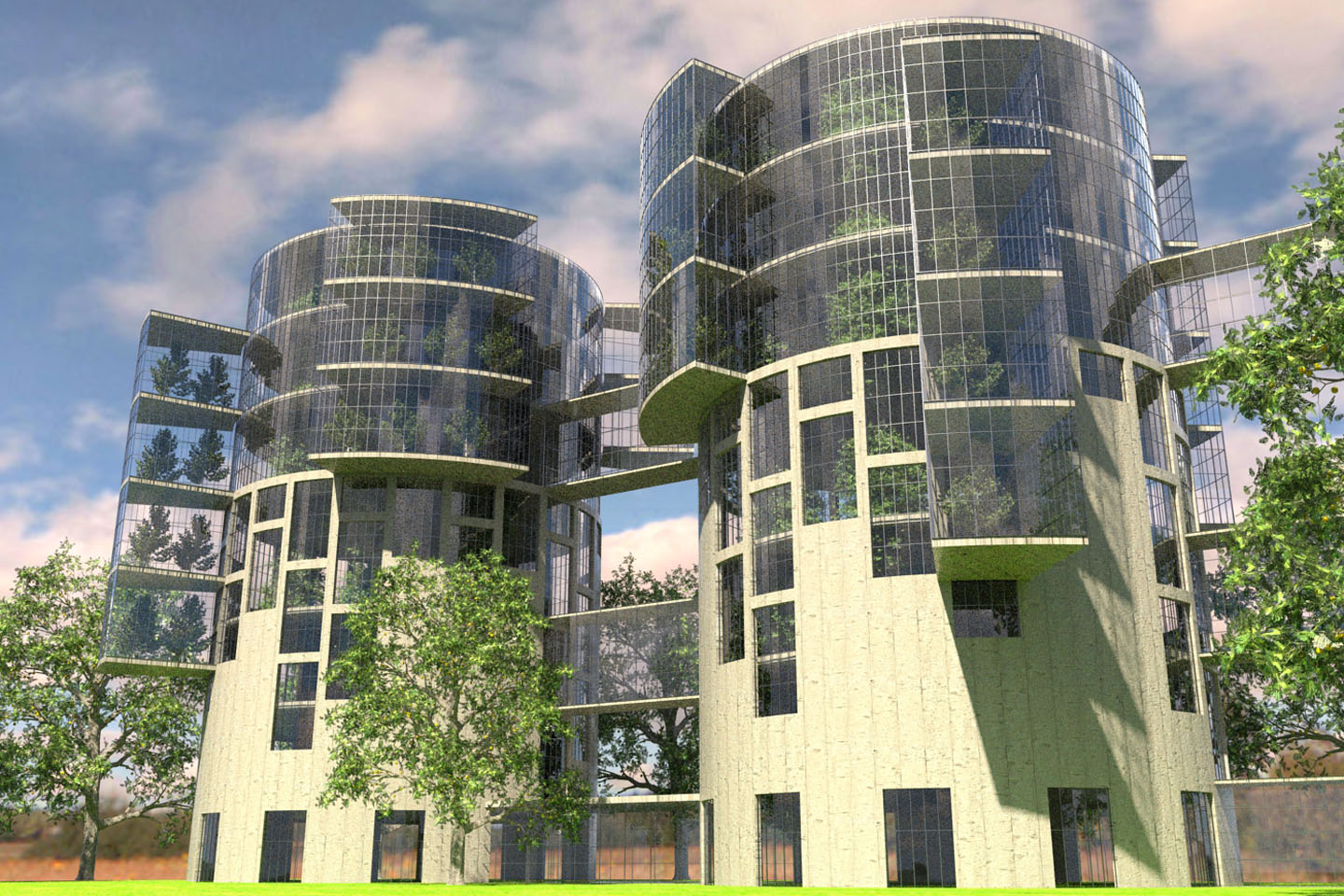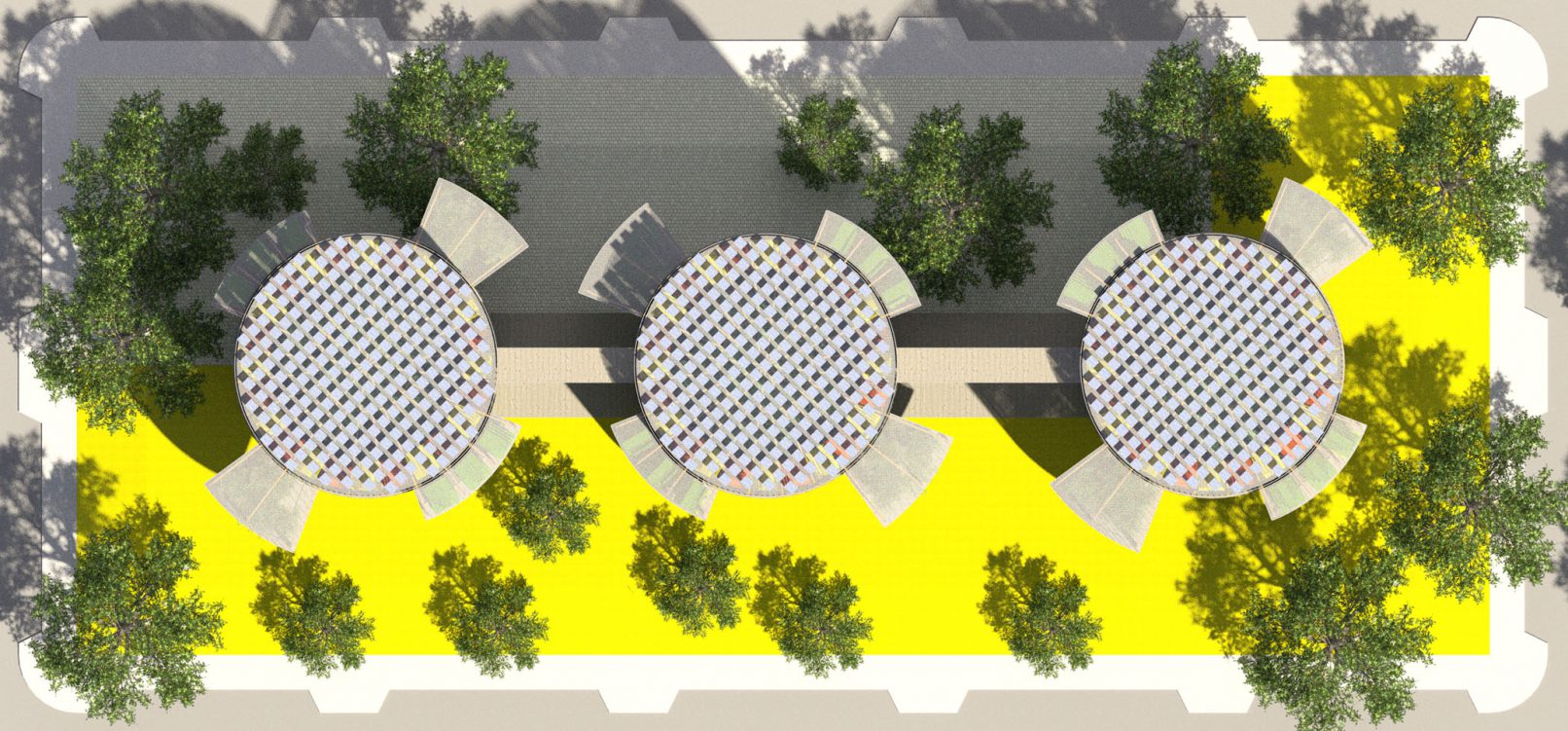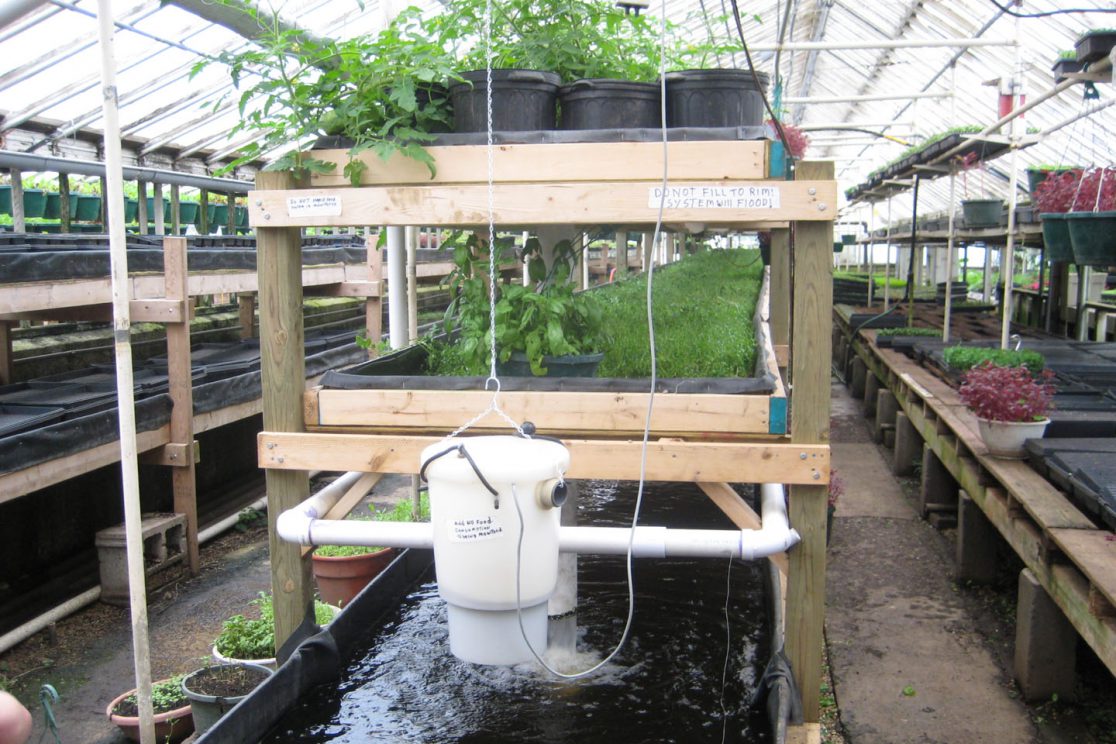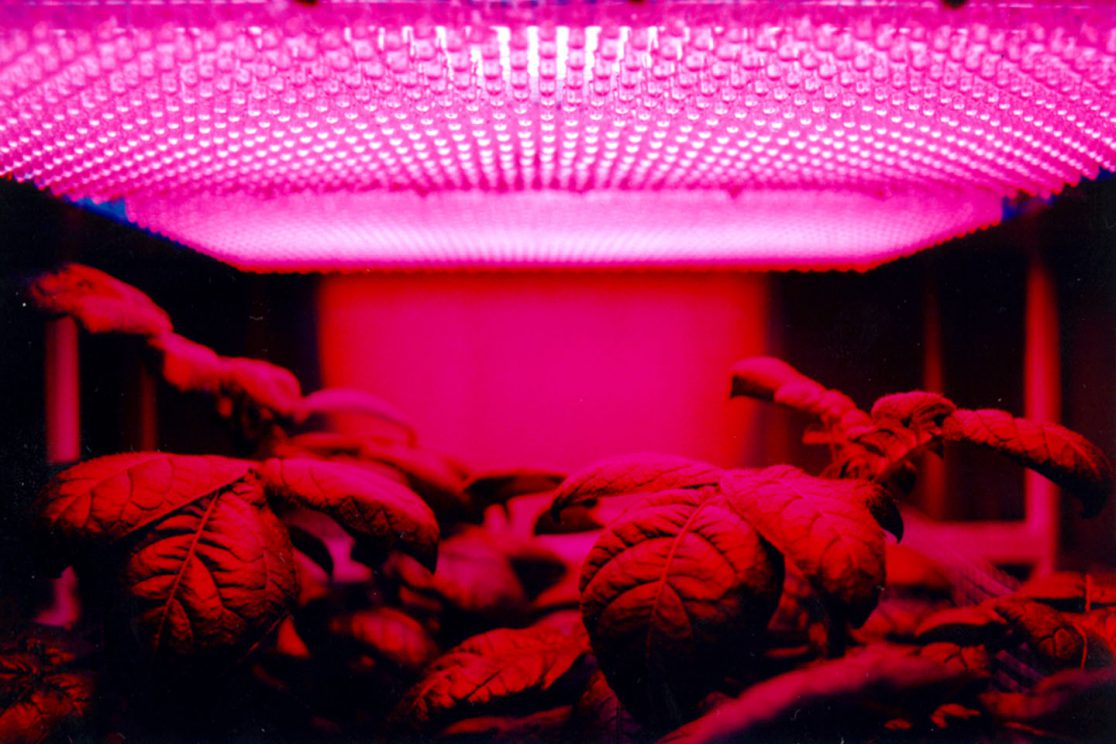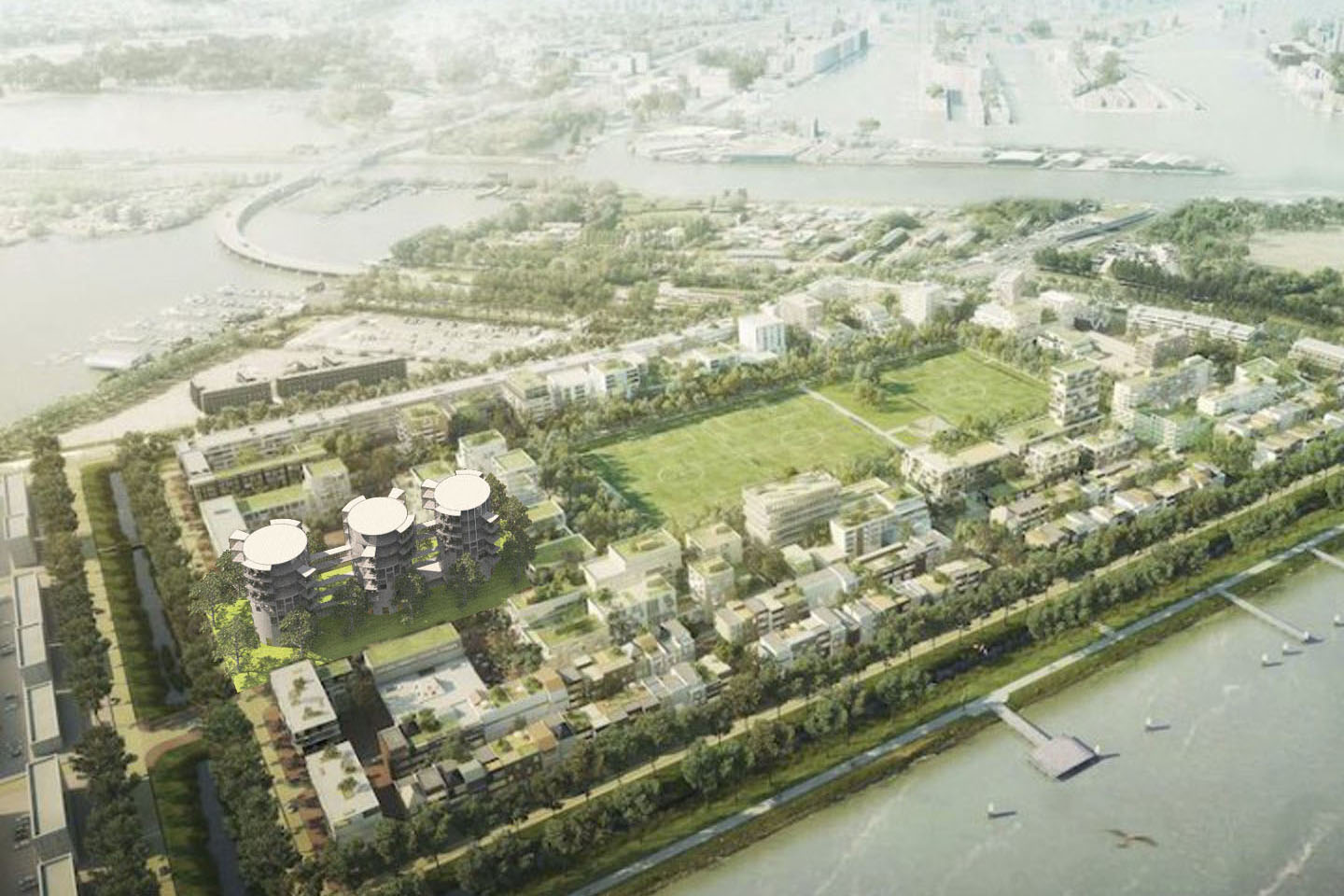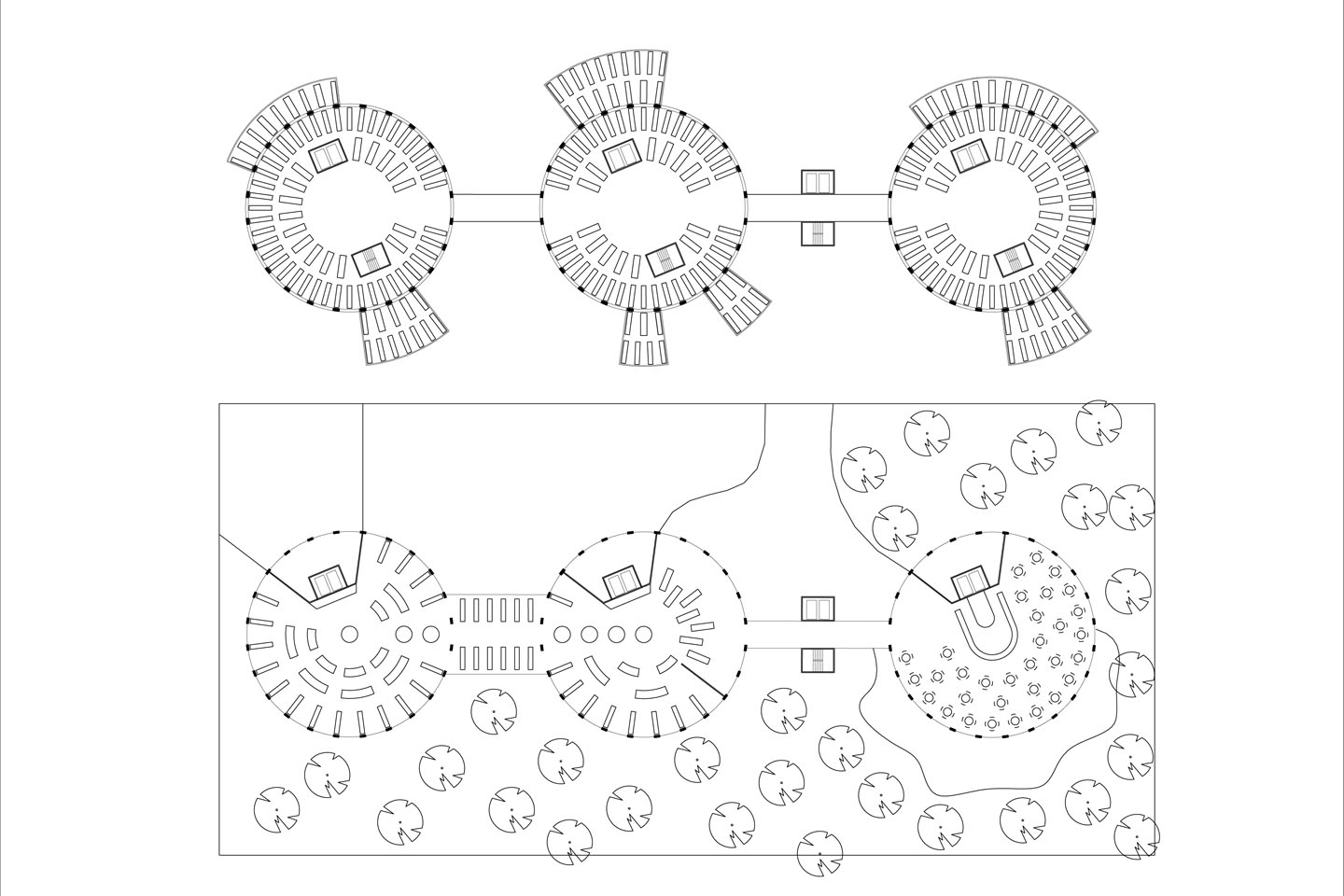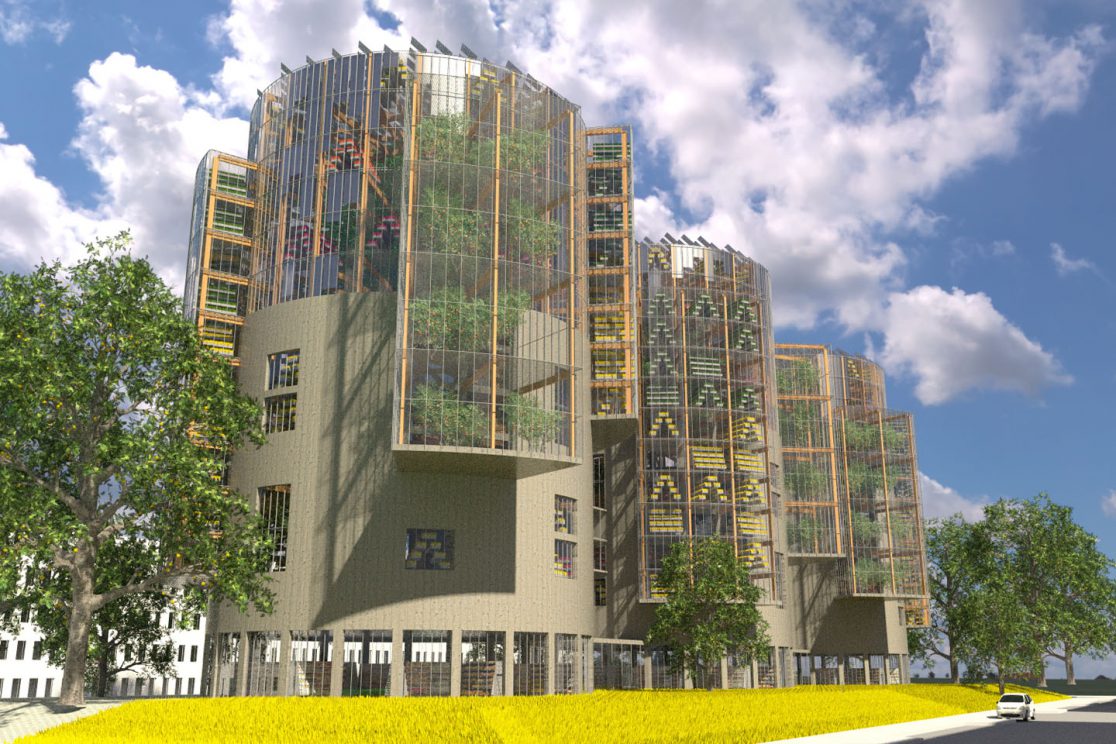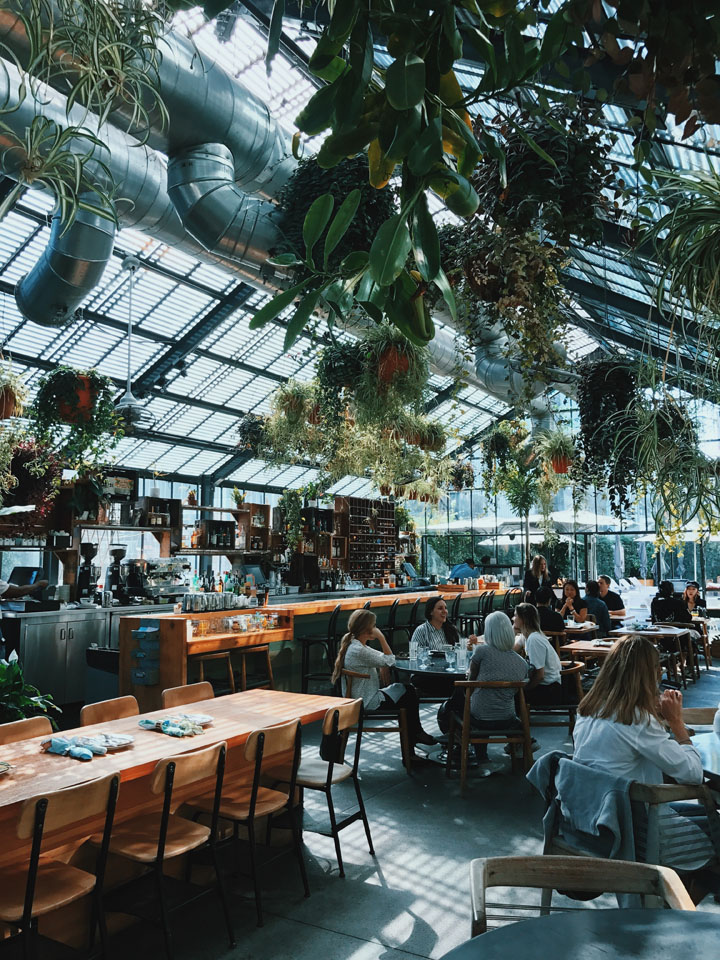Make your own Silo
Together with KPO development and Briqs sustainable systems o4Rb developed a concept for the former fermentation silos on Zeeburgerisland in Amsterdam. Silofarm is an urban farming concept that keeps the original shape and appearance of the silo’s, and let them become part of the new urban living area in a meaningfull way. Silofarm contributes to the ambition of the city of Amsterdam to be self-sufficient, circular and energy-producing by 2050.
The challenge
Due to the growing world population, the strong economic development of non-Western countries and the growth of the ecological footprint of mankind, there is less and less room for food production, while the demand for food is increasing due to population growth. The available land for food production is decreasing in the Netherlands as well.
Urban farming
With modern breeding techniques, the three silos together can provide an equivalent cultivation area of approximately 3 hectare, within the zoning plan. With a (conservative!) Estimate of 20 kg / m2 / year, Silofarm produces 600 tons of food per year, providing it with the equivalent fruit and vegetable requirements of the new urban area RI-Oost. The ground floor and top layer can be used for the sale of local production in the form of a city-agro-market and restaurant, so that the local production is used locally, and transport is avoided. Educational purposes are also provided.
Circular
The waste from production in Silofarm is processed into raw materials in the Biogas plant and the fermentation plant in the complex, together with the municipal GFT waste. This is done in the form of hydrogen and methane for the benefit of energy management and disinfection, and in the form of fertilizers. The local processing of product and waste has thus become circular. The installation is connected to the urban heat network and also supplies to it.
Social
The function of the vegetable garden has shifted to the far edges of the city, but home-grown cultivation in Silofarm can make food production in the city possible again. As part of the educational program the top layer will provide vegetable gardens for schools and residents in the neighborhood. Children can learn about food, nature and agriculture in the city.
Sustainable
The agriculture in Silofarm is set up with modern techniques, saving space, water and raw materials. This results in a building that can be realized on to the existing silos with relatively little and lightweight (wood) construction and glass / ETFE filling. The internal space is efficiently used according to the cultivation method and can be easily adjusted by the light construction. The necessary openings in the existing concrete shell will be minimal, so the original shell is fully utilized.
Project data
Client: KPO development
Architect: o4Rb
Advisor: Briqs sustainable systems
Status: Concept
Year: 2017
